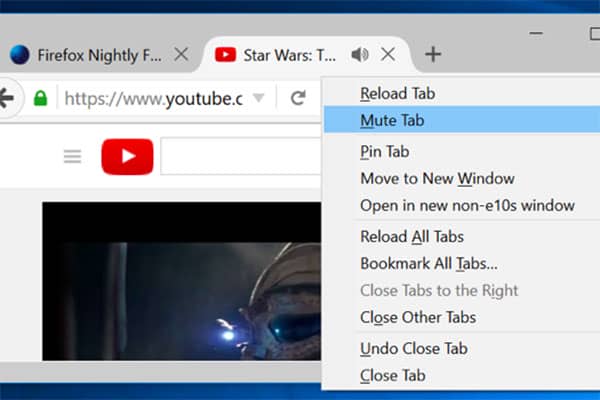Google Chrome has taken a great initiative to block the auto-playing videos with sounds. This is a major step forward in removing the most irritating element on the web. Google promised to deliver this update in September 2017, however, it was delayed until now. This feature will stop any video which is default set to play with sound on different sites. This includes video reports on news sites and other videos which are often played on one side of the text.

The videos which play without any audio will still play on the web. On mobile devices, auto-playing videos are allowed on those sites which are added as a bookmark to the home screen. Those desktop sites which a user watches actively will be allowed to play automatically with their sounds on. Google is trying to stop “unexpected media playback” for sites. This will allow users to continue enjoying the content that they want to see. This is particularly useful for sites like YouTube or Netflix which are serving the purpose of media playback. As per MEI registers, the number of visits to any particular site and the number of times a user is watching the video content which is displayed on the site, larger than 200 x 140 px, for more than seven seconds with audio on determines if the user is watching the video or not.

Users were able to mute all the sounds by default from any particular site, however, they were not able to block the videos from playing on that site. Different third-party tools and settings which block a particular content from loading have been available to overcome the annoying issue but now Google is ready to take care of the matter on its own. The autoplay blocking will add to the existing ban on video, pop-up and intrusive adverts which were blocked from 15 February within Google’s browser on both desktop and mobile application. This step of Google will also discourage the users to install different adblockers on the browser.

Google Chrome is dominating the web browser market. According to data from StatCounter, almost 57.7% internet users take to Chrome for the web research and browsing. Nearly 14.8% users of Apple Safari left the browser in March. This means that if Chrome makes these changes in its settings, this will put a significant impact on the operations of all other browsers.


